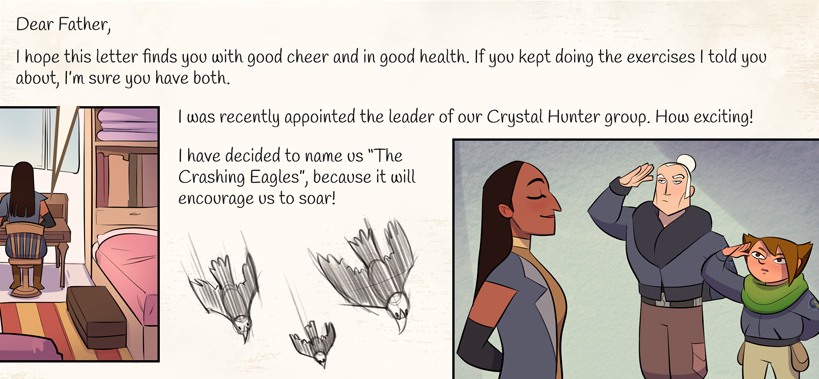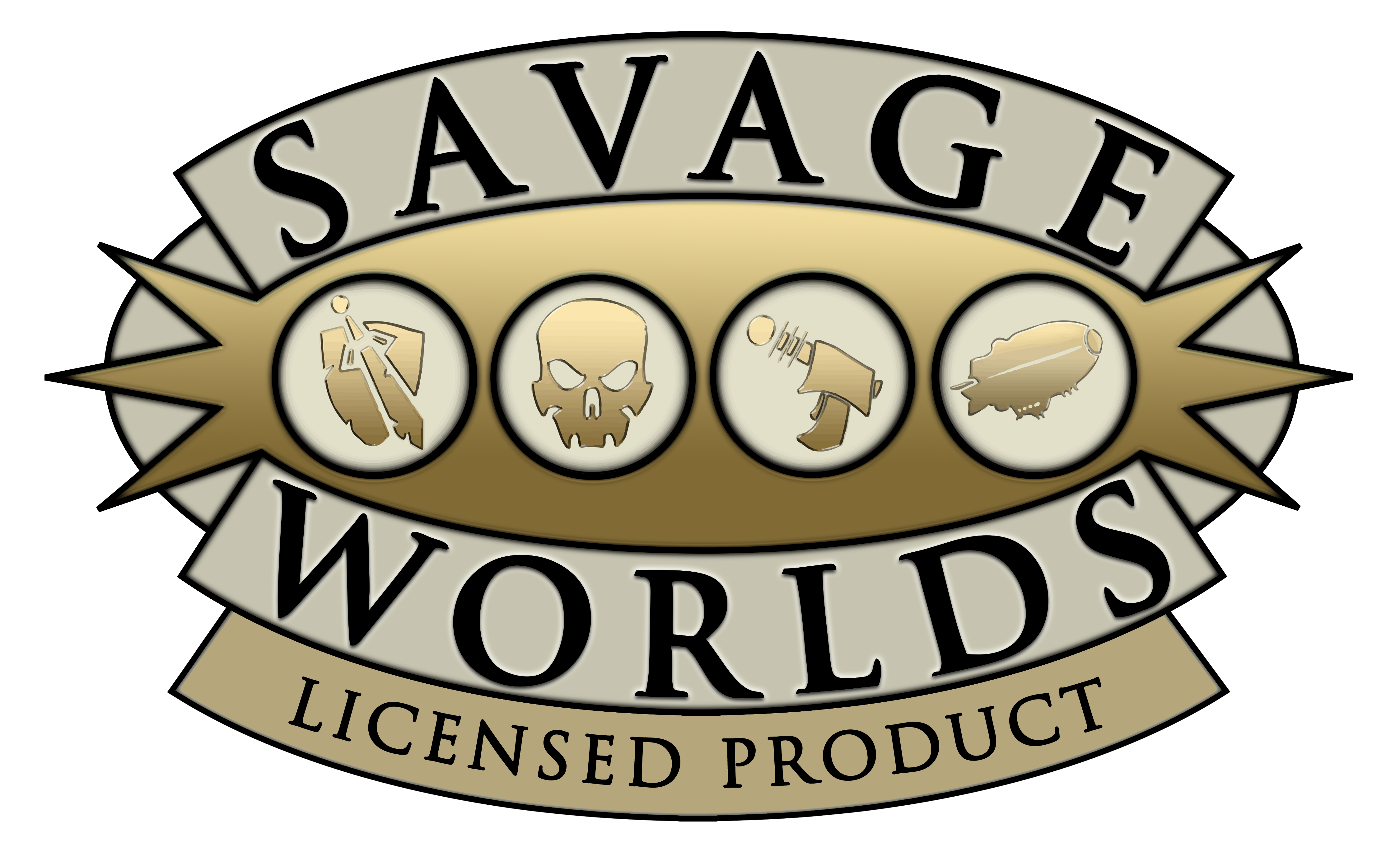In continuation of Storytelling, here are a few examples of storytelling techniques that you might want to use.
All of these are based on already-established narrative techniques from the cinema and the written worlds; you can, and should, find even more, by doing a little research into the matter.
Changing the View Point
Personal retrospective – Recalling the events as if told by your character, heavily coloured by her personal views, ego, biases, foggy memory, and all of our other normal mortal faults, leading to embellishing the facts, filling up forgotten details, etc.
Reported by a 3rd party – Delivering the tale as if it was a report on a newspaper (serious? tabloid? gossip?), or other media (tweet? town crier? a report given to the king by his spy?). Perhaps just telling it the way an innocent bystander saw it, which might be perceived very differently from how it looked from “the inside”.
Following something else – Focusing “the camera” on an object, (weapon, piece of clothing, toy, perhaps even a baby), and showing what happened to it and around it during a single event (like the opening scene from Guardians of the Galaxy Vol. 2, with Groot), or across several events, perhaps even years.
Quiet vignette – Showing a series of locations or events, with no dialogue. Letting the background, or the aftermath of events, tell the tale for you.
Documentary – Following someone or something as it happens, perhaps even through casual, non-dramatic events, that help build a larger scope understanding of the main elements. Probably with dramatic narration.
Playing With the Structure
A single part – Telling only the beginning, middle (in medias res) or end of the story. This is easy to do, and can be surprisingly impactful.
Switching back and forth – A classic method, used by many heist or suspense movies, is to reveal various elements from the beginning and the middle, only at the end. Also worthy of note: flashback.
Action scene – Playing the scene as a regular, in-game action scene, using all the usual mechanics, narrating it as it goes.
With others – Bringing in other players as you tell your story, either scripted or improvised, with or without pre-establishing a narrative with them.
Alternate Forms
Song – Short or long; original or cover; pre-written or improvised.
Letter – Personal, to a friend or family member; official, as a memo, a request, or new orders being issued; a complaint to the company; a wanted ad on the notice board; a journal entry by the gatekeeper.
Actual form – Creating, and then creatively filling, an official bureaucratic form about something that is relevant to your subject, in a way that is relevant to your subject.
List – Either short (names only) or with a little summary/reminder. Tasks for the day; people to kill; shopping list; goals to be achieved.




